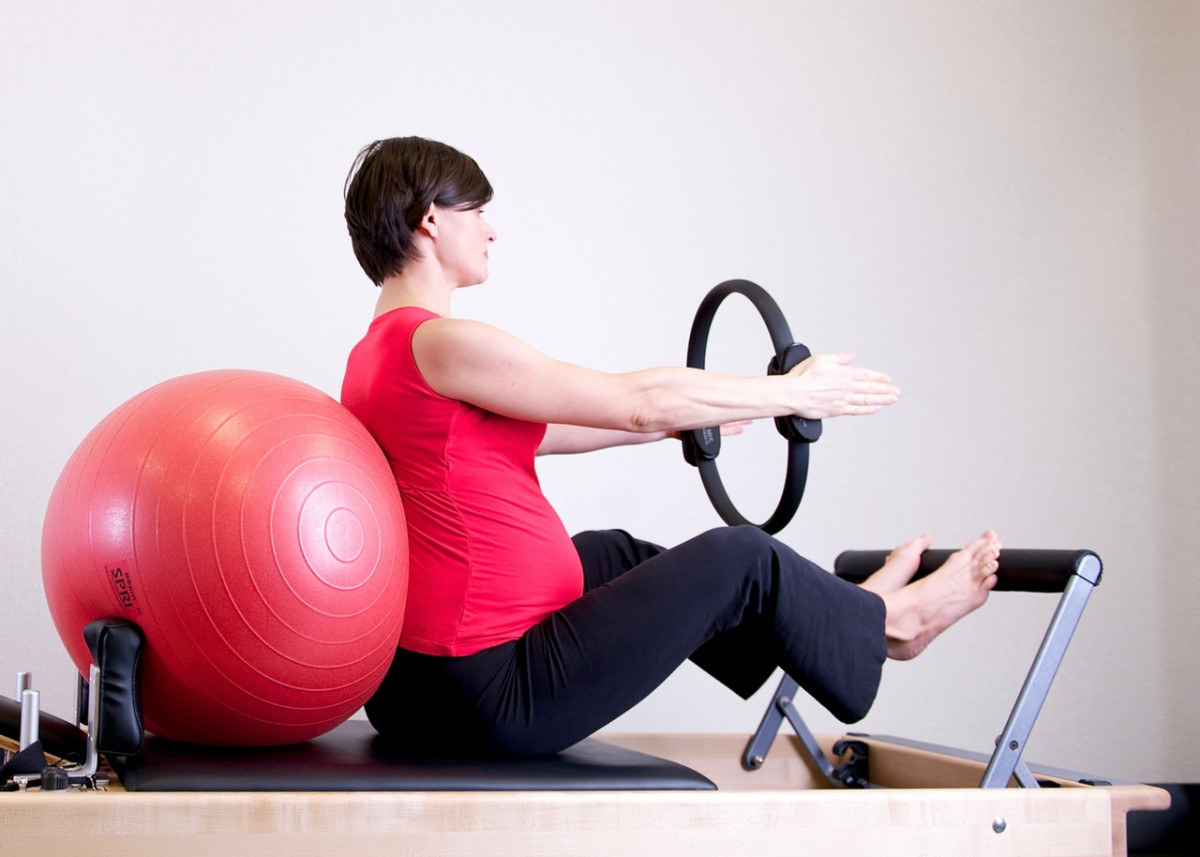
Pregnancy, also called gestation, is the period in which single or multiple progenies grows in the womb of a woman. Multiple conceptions comprise of more than one progeny, popularly referred to as twins. It can be brought about through sexual contact or aided reproductive/ gynecological expertise. A pregnancy naturally terminates at birth, under unfortunate circumstances, maybe through a miscarriage or abortion. Different countries have enacted varying laws to govern safe abortion, some degrees of being liberal up to extremely conservative. Delivery naturally takes place after about 40 weeks from the beginning of the most recent menstrual cycle, that is approximately nine months. Early pregnancy is characterized by missing periods, breast tenderness, queasiness and spewing, incessant pangs of hunger, and making numerous trips to the washrooms. Confirmation can be done through undergoing a pregnancy test.
Another thing to note is that if you have breast implants you might want to check the breasts are producing milk as they should. Most women that have teardrop implants don’t experience any issues – but it’s best to make sure.
Nutrition during pregnancy is vital to guarantee a healthy fetal development and significantly differs from the non-gestational situation. You need to increase your intake of energy, mineral and vitamin-nutrients giving foods. More or fewer women require specialized nutritional counsel if their diet is a subject of a health anomaly, hypersensitivity to a certain food, or in obedience to dogmatic teachings or beliefs. Diabetes during pregnancy, or any difficulties at childbirth may occur if ill dietary intake and obesity are let to prevail. In fact, women need more calories every day incrementally – from the fourth month of pregnancy until delivery.
The most ideal prenatal dietary composition should include the following:
Leeks – This green vegetable is composed of the highest levels of multivitamins. Leeks are among the best sources of calcium, manganese, iron and vitamin K, vitamin B6 that are integral in the growth of the baby’s skeletal system, the formation of better blood-clot mechanism and helps fight pregnancy-related issues.
Spinach – It is rich in calcium, vitamin A, vitamin C, fibre, iron, and folic acid. Iron is essential in the production of hemoglobin in the baby’s blood and for prevention of anemic conditions before and after successful delivery.
Bananas – It has substantial concentrations of potassium, that combat the lethargic effects of pregnancy. They also make a nutritious part of a smoothie combination.
Carrots – Carrots are rich in Vitamin A/ Beta carotene, that is essential for the growth of baby’s eyes, skin, bones and teeth. With their fibre content, constipation and bowel movement are eliminated and eased respectively.
Sea Salt (sodium chloride) – Iodine is important in fetal growth and also acts as a hormonal balancing agent.
Avocados – This succulent fruit is rich in folic acids and vitamin C. Folic acid is an essential input in neural system development.
Eggs – They have fewer calories but more protein which improves the baby’s brain growth and the creation of healthy body organs. Also rich in omega-3 fatty acids.
Dairy Products – Calcium is found in milk, cheese, and yogurt. Most yogurts are rich in folic acid and vitamin D and additional probiotics that help in nutrient absorption.
Salmon and Other Seafood – Specific fish such as salmon, mackerel, sardines, and herring are devoid of mercury and detrimental minerals. They are a very rich source of omega-3 fatty acids.
Chicken – Contains lean protein essential for baby’s growth. Incremental levels of protein such as lean meat with less fat are most needed during this period.
Nuts – Majority of nuts available are rich in iron, magnesium, selenium, copper and zinc. Almonds, Walnuts and pistachios have a significant amount of omega-3 fatty acids, that are instrumental in the growth of the baby.
Broccoli – They are rich in calcium and folate fibre and antioxidants, vitamin C – that enable iron-absorption and generally promote healthy baby development period.
Oatmeal – Its multifarious carbohydrates is helpful for energy-giving and cholesterol-level reduction purposes.
Oranges – Essential source of vitamin C, fibre, folate and water.







